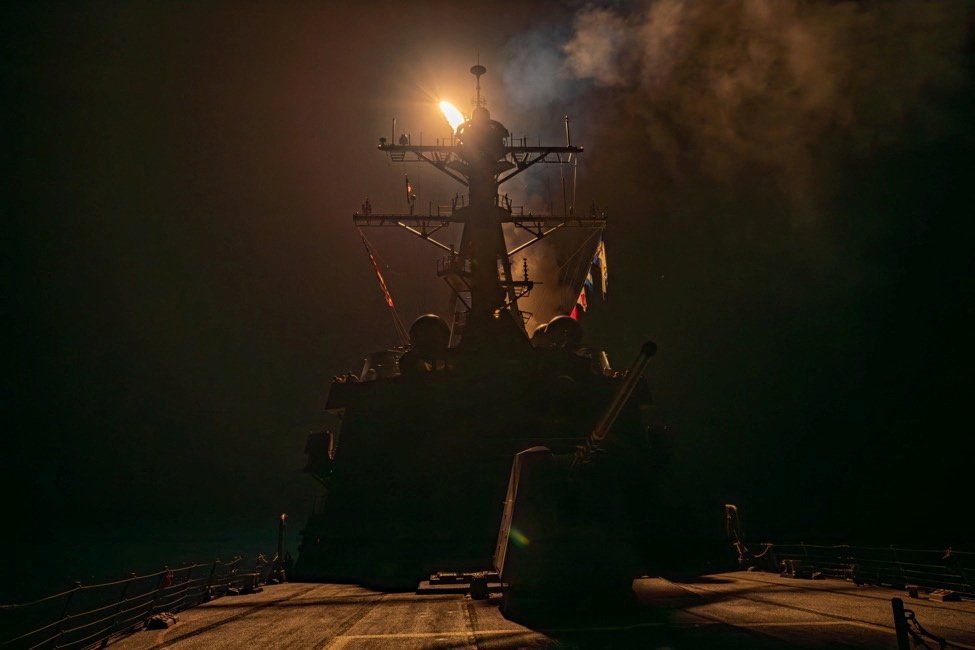The US and UK launched strikes against military facilities in Houthi-controlled Yemen on Thursday in response to the rebel group’s attacks on commercial vessels in the Red Sea. The Houthis, who have carried out at least 27 attacks since November, since November, claim to be acting on behalf of Palestinians in response to Israel’s war against Hamas.
The Biden administration had warned of severe consequences if the Houthis did not halt the attacks. Thursday’s strikes, the first by the US against the Houthis in Yemen since 2016, hit more than a dozen sites used by the Iran-backed militants in the capital Sanaa, the port of Hodeidah, Dhamar, as well as Saada in the northwest. The Houthis said 73 strikes killed five people.
“Today, at my direction, US military forces – together with the United Kingdom and with support from Australia, Bahrain, Canada, and the Netherlands – successfully conducted strikes against a number of targets in Yemen used by Houthi rebels to endanger freedom of navigation in one of the world’s most vital waterways,” President Joe Biden said in a statement.
The move represents “a substantial increase in the severity of Western response,” says Clayton Allen, Eurasia Group’s US director, “but will not likely have eliminated all, or even most, of the Houthis’ capabilities.”
Some analysts have pointed to Washington’s track record in the region, noting that strikes against the Houthis in 2016 for their attacks on US military vessels forced the militants to stand down. But some fear that Thursday’s strikes, which come amid US efforts to prevent a wider regional war in the Middle East, could also have the opposite effect.
“The strikes could serve to increase the risk of escalation, and it is unlikely that this was the final round of deterrent actions by the US and allies,” Allen adds.



















